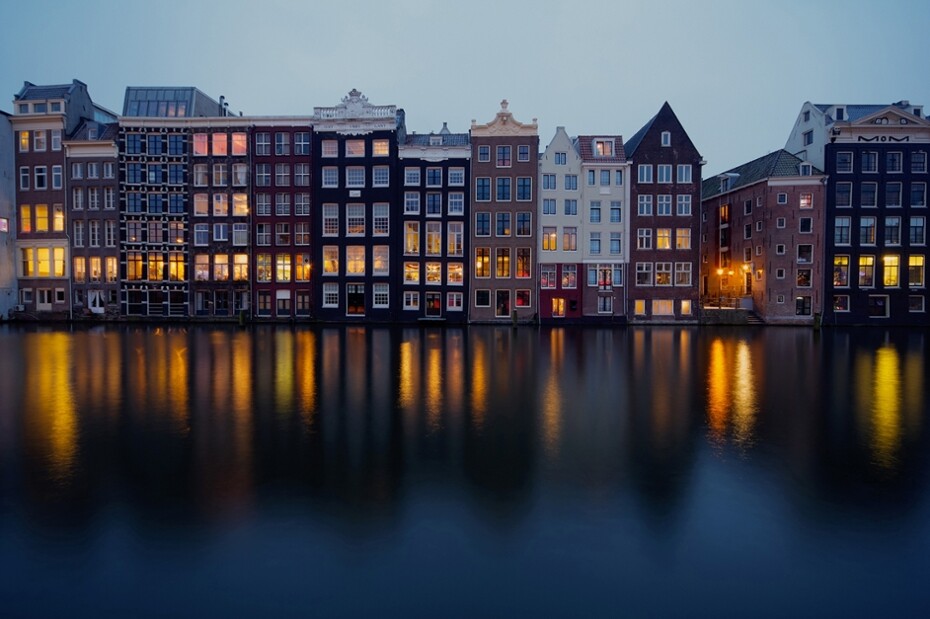

The COVID-crisis has affected Amsterdam and the metropolitan area disproportionally: substantial unemployment, 5-10 months of backlog in children’s education, significant growth in households with debts, and an enormous backlog in health care. Urgent and explicit choices need to be made towards achieving a future proof metropole.
Several professors of the UvA and VU (Barbara Baarsma, Willemijn van Dolen, Henri de Groot, Mirjam van Praag en Marc Salomon) together with Boston Consulting Group have holistically analyzed the societal and economic impact of the COVID-crisis. Based on this, they present several vistas for how the metropole could develop and make suggestions for critical policy choices. In their advice, they build on existing impact analyses and future scenarios. This is a unique collaboration between professors from UvA and VU and BCG—written on their own initiative based on their commitment to city and region. The report was handed to mayor and aldermen on Friday.
The ‘Amsterdam model’ was for decades a seeming success story—but the COVID-crisis holds a mirror up to the city and region. The city and region already faced significant challenges ahead of today’s crisis (including the impact of massive visitor volumes, lack of housing for middle income groups, and significant environmental and climate challenges). This report shows that the crisis has deepened these challenges: inequity is rising further, the public and social domain has shown to be vulnerable, and a return to the ‘old business model’ is doubtful.
The COVID-crisis forces the city and region to make major and systemic decisions. Only then can they avoid returning to a more fragile variant of the pre-COVID situation. According to the authors, a strong answer starts with restoring equity in education, employment, housing, and health care. The rest of the answer depends on decisions that the city needs to make: Who can and should the city be for? What is a viable path towards a future without nitrogen crises and excessive impact on the climate? How do we want to spend the scarce space and public funds?
The report details three vistas with a possible answer to these questions. We encourage the city, region and its inhabitants to have a public debate on these critical questions. Only then can the urgent changes be put in motion that are needed to create a future proof city and region.






































